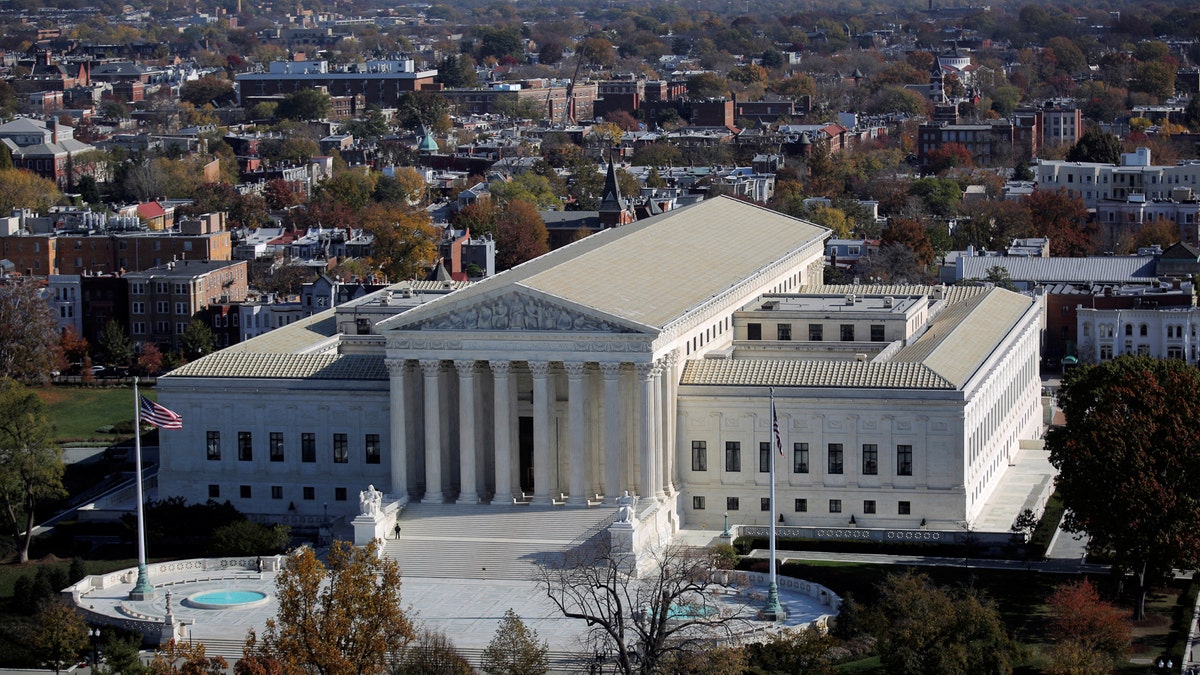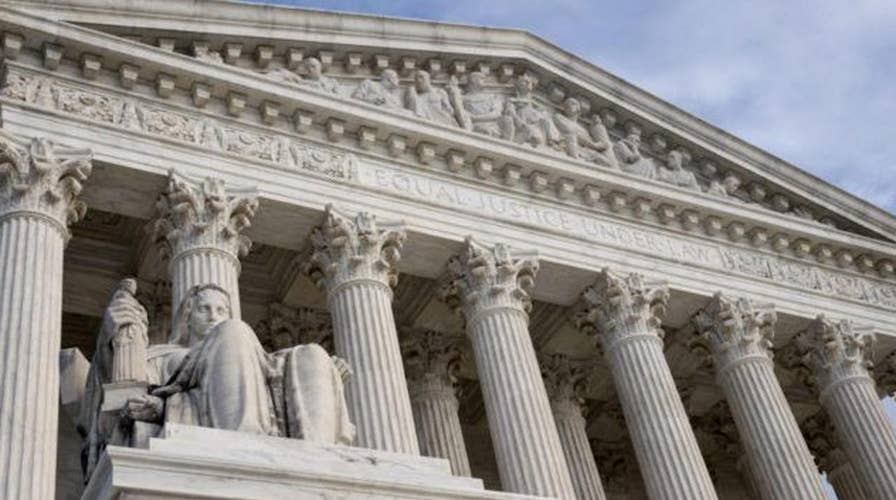What would the Supreme Court look like with Gorsuch?
Constitutional attorney Mark W. Smith weighs in
The Supreme Court’s decision to limit presidential power to fill agency posts will do little to deter President Trump as he continues to appoint members of his team, experts say.
The high court’s 6-2 ruling on Tuesday upheld a lower court’s ruling that President Barack Obama exceeded his legal authority in a National Labor Relations Board appointment. The court said a former top lawyer at the NLRB had served in violation of federal law governing such appointments. Chief Justice John Roberts wrote that Obama appointee Lafe Solomon was not allowed to serve as acting general counsel of the NLRB while he was, at the same time, nominated to fill that role permanently, pending Senate confirmation.
At issue is the Federal Vacancies Reform Act of 1998, which prevents the president from using temporary appointments to bypass the Senate’s advice-and-consent role. The rule prohibits a person nominated for a position requiring Senate confirmation from serving in that position temporarily. Obama named Solomon as acting general counsel in June 2010 and he held the office until Nov. 4, 2013. Solomon never won Senate confirmation due to his favorable views toward labor unions.
“This decision is unlikely to have much impact on the president’s nominees in the near term,” Max Stier, president and CEO of Partnership for Public Service, which tracks executive branch appointments, told Fox News. “It could have a more significant impact later in the administration as the president may want to move his senior officials into vacant positions.”
Trump has already faced a similar situation in appointing Noel Francisco, a Washington lawyer whom Trump named as the principal deputy solicitor general, the only deputy solicitor general who is a political appointee. Because the president had not yet nominated nor the Senate confirmed a solicitor general, Francisco began to serve as acting solicitor general.

But when Trump announced the official nomination of Francisco to serve as the permanent solicitor general, Francisco moved to another job in the Department of Justice pending Senate confirmation, and another person stepped in as acting solicitor general.
The White House told Fox News on Wednesday that they had “nothing to add” to the Supreme Court’s Tuesday decision.
But Anne Joseph O'Connell, a professor at the University of California Berkeley Law School, told Fox News that the White House could avoid nominating people for jobs covered by the Federal Vacancies Reform Act, which allows acting officials to serve for “relatively long” periods of time.
“The administration can go from one acting official to another acting official,” O’Connell said. “When the Senate and White House are controlled by different parties, I worry this might become the default track.”
According to Partnership for Public Service’s Political Appointee Tracker, 495 key executive branch positions, which require Senate confirmation, await nomination.
Stier said the ruling underscored the importance of the nomination process.
“On the whole, this ruling reaffirms the importance of the president and the Senate working together to confirm nominees for politically appointed positions.”
The Associated Press contributed to this report.





